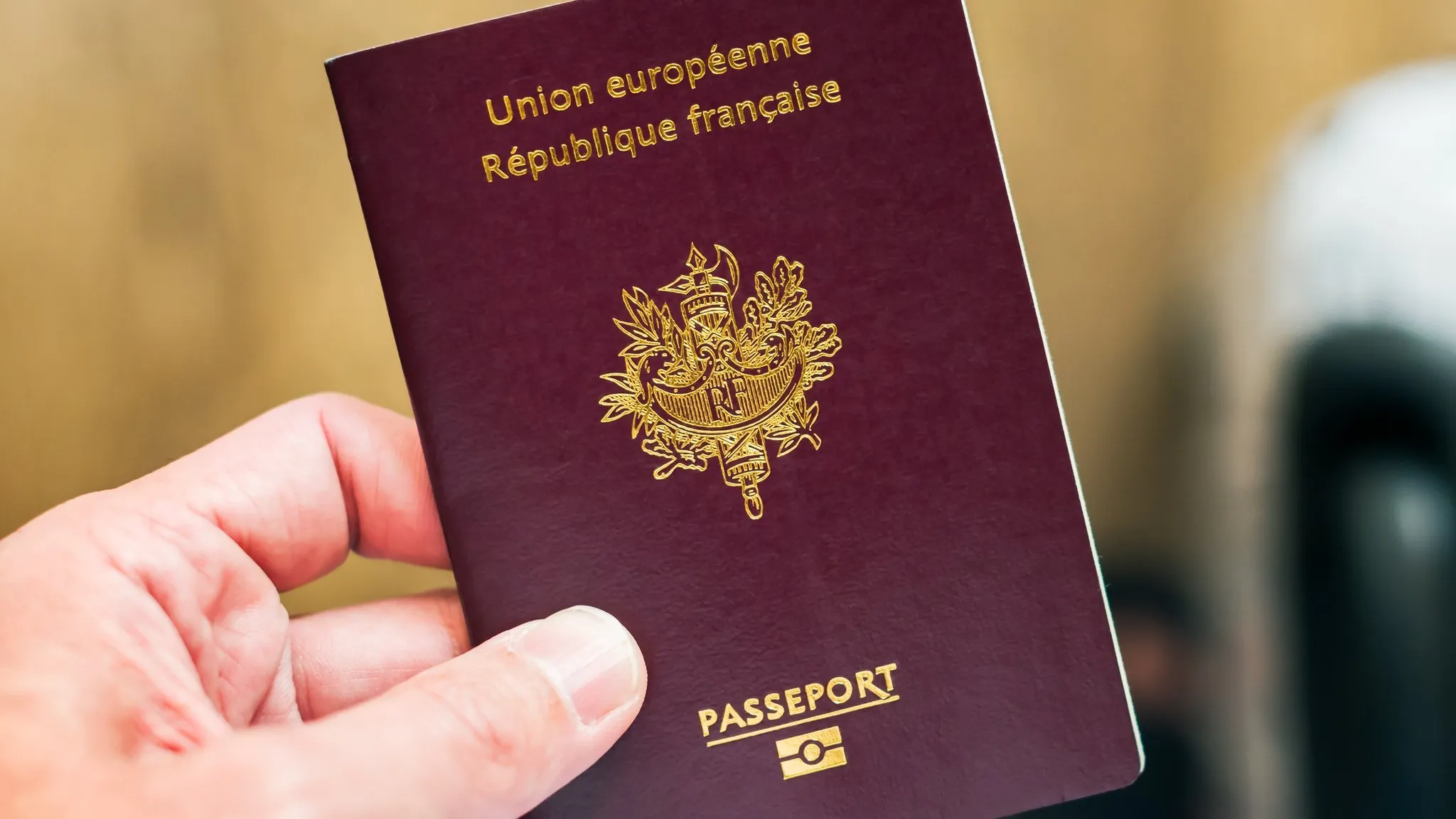Starting January 1, 2026, France will implement sweeping changes to its citizenship laws that could significantly impact individuals applying for naturalization. The new criteria will focus more intensely on integration rather than just fulfilling the standard residency requirement.
Key Takeaways
What’s Changing in France’s Citizenship Laws for 2026?
The reform, known as the “assimilation circular,” places heavier emphasis on factors like language proficiency, cultural assimilation, and economic ties to France. These changes aim to ensure that applicants are not just legally residing in France but are fully integrated into French society.
Who Will Be Affected by the New Citizenship Eligibility Criteria?
The new eligibility criteria will particularly affect those who have any history of illegal immigration. Even if they have since acquired legal residency and met the typical five-year residency requirement, they will be disqualified from acquiring French citizenship. Individuals who have lived in France for a significant period but have not demonstrated active engagement with the country’s cultural and social fabric will also face more rigorous scrutiny.
For many, this represents a tougher path to naturalization, with higher expectations around assimilation and compliance with French values and societal norms. The stricter rules are expected to affect immigrants from regions with higher rates of illegal immigration and those with a history of unstable legal status.
How Does the “Assimilation Circular” Affect Long-Term Residents?
For long-term residents, particularly those who have been in France for five years or more, the new laws may still pose a challenge. Under the “assimilation circular,” the government will evaluate more than just the length of stay. While traditional residency requirements still apply, individuals will now be assessed based on their contributions to and integration within French society. Factors such as fluency in the French language, understanding of French culture, and active participation in the community will be critical.
Also Read: How to Get Permanent Residency in France: From Long-Stay Visa to Carte de Résident
What Role Does Illegal Immigration Play in Citizenship Denial?
Illegal immigration is a focal point of the new citizenship laws. Even applicants who have subsequently legalized their status will be denied French citizenship if they have a history of living in France without legal documentation. This represents a significant shift, as previous naturalization processes allowed individuals to apply for citizenship after living in France legally for a certain number of years. The new laws emphasize that illegal immigration undermines the trust and commitment to the country’s societal values, a major factor in the decision to deny or approve citizenship.
Are Language Skills and French Values More Important Than Ever?
Yes, language skills and an understanding of French values are now more crucial than ever for citizenship applicants. The new regulations require applicants to not only prove fluency in the French language but also demonstrate a deep understanding of the country’s history, culture, and core values. This ensures that applicants are truly integrated into French society, respecting its principles of secularism, equality, and individual rights. Candidates who fail to meet these criteria may find their citizenship applications rejected.
How Will Income Sources and Employment Stability Impact Your Citizenship Application?
Under the new laws, income sources and employment stability play an even more significant role in the citizenship application process. Applicants who derive the majority of their income from non-French sources could face rejection, as it suggests insufficient economic integration into the country. Furthermore, individuals with inconsistent work histories or those without permanent contracts may also face difficulties in securing citizenship. Stable employment, ideally with a long-term contract, will now be a key factor in demonstrating one’s integration into the French economy and society.
What Are the Next Steps for Applicants Seeking French Citizenship?
If you are seeking French citizenship under the new laws, it’s crucial to ensure that your application reflects your full integration into French society. Focus on improving your language skills, familiarizing yourself with French culture and history, and securing stable employment in France. If your income is derived from outside France, consider transitioning to earning through French sources to align with the new requirements.
It’s also a good idea to seek legal advice or assistance from immigration experts to help navigate the new, stricter process. The reform represents a substantial shift in how France views naturalization, and applicants who aren’t fully prepared may find themselves at a disadvantage.
The upcoming changes in France’s citizenship laws could make naturalization more difficult for those who haven’t fully assimilated into the country. By focusing on language proficiency, stable employment, and a clear commitment to French values, applicants can improve their chances of success in securing citizenship in the future.





